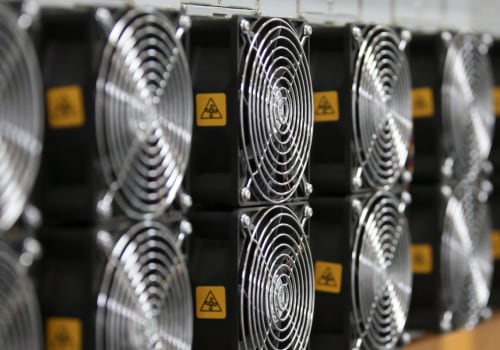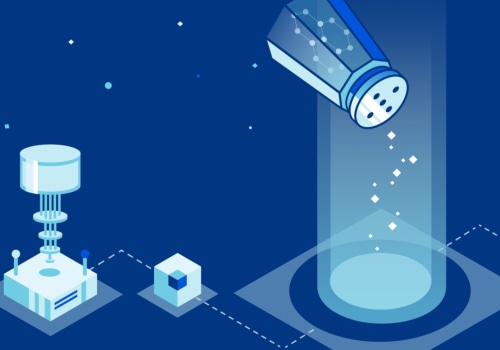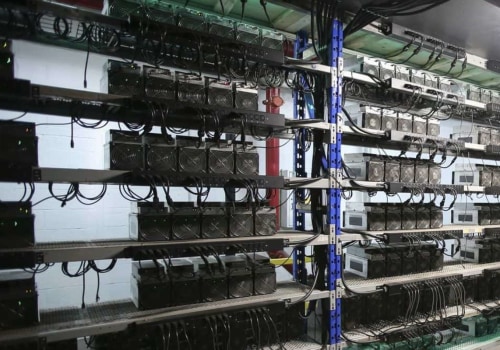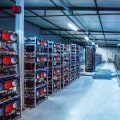Bitcoin mining can still make sense and be profitable for some people. In an effort to remain competitive, some machines have adapted. Bitcoin and other cryptocurrencies remain a high-risk, high-reward investment, with little consensus on the economic role they will play in the coming years. When multiple simultaneous responses are presented that are equal to or less than the target number, the Bitcoin network will decide by a simple majority 51% which miner to honor.
If you've made an effort to learn about mining and have found a location with low-cost electricity for your machines, you still need to consider where to store the bitcoin you mine. Miners with newer, more advanced ASICs can afford to pay higher electricity costs because their machines are more efficient. Miners who successfully solve the hash problem but have not verified most transactions are not rewarded with bitcoin. Every miner needs to know the tax laws relevant to Bitcoin mining in their area, which is why it is so important to use crypto tax software that helps you keep track of everything and ensure that you continue to make enough money after accounting for taxes.
In other words, the more miners (and, therefore, the computing power) you mine bitcoin and wait for a reward, the harder it will be to solve the puzzle. The manufacturer with the lowest failure rate at the moment is MicroBT, which makes the Whatsminer M20S and other Whatsminer models. Bitcoin does not rely on a central bank to keep records, it is the miners themselves who keep records and can also keep a portion of the transaction fees. When choosing which machine to invest in, miners should think about the profitability and longevity of the machine.
If small miners can re-enter the network, this greatly increases decentralization and further supports Satoshi Nakamoto's original intentions. You could simply improvise some gaming computers or quietly take advantage of your school or office infrastructure, and mine so many bitcoins that you would be ready for a lifetime, as long as you had diamond hands (never sold), sold at the right time, or you didn't throw away your hard drive. In a cryptocurrency context, the peak equivalent would be a company that manufactures equipment used for Bitcoin mining. The more powerful your hardware, and the more energy efficient, the more profitable it will be to mine bitcoins.
Bitcoin miners only receive income when they mine a block, making profits atomic and unpredictable. However, if you are a professional miner like F2 or Bitmain, you are likely to have really advantageous agreements with OTC desks to sell your coins at little or no cost, depending on the state of the market. Not only do miners have to consider the costs associated with the expensive equipment needed to have a chance to solve a hash problem, but they must also consider the significant number of electric power mining rigs they use to generate large amounts of nonces in search of the solution.








